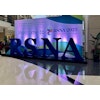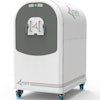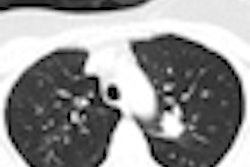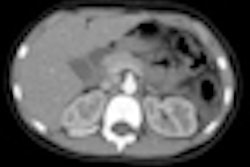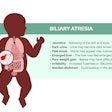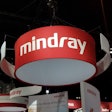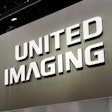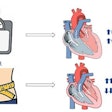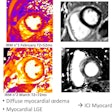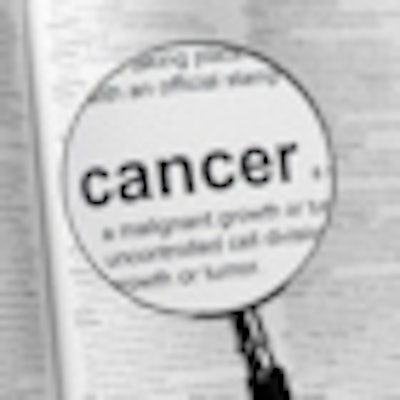
Advanced radiotherapy techniques are attributed to improvements in survival of elderly lung cancer patients in the Netherlands, according to a new study published online on 2 May in Annals of Oncology.
Researchers at the VU University Medical Center in Amsterdam conducted a population-based study evaluating time trends in treatment patterns and survival of 4,605 patients over the age of 75 diagnosed with early-stage lung cancer. Comparisons were made between three consecutive time periods: from 2001-2003, from 2004-2006, and from 2007-2009.
Lead author Dr. Niels Haasbeek from the department of radiation oncology reported that between 2007 and 2009, when stereotatic ablative radiotherapy was available in all of the country's cancer treatment centers, and the first time period, when this treatment was not available, patients survived a median of nearly 10 additional months.
During the first time period, the median survival rate was 16.8 months following treatment. With the availability of stereotatic ablative radiotherapy (SABR) treatment, patients in the most recent time period lived 26.1 months.
"The greater use of advanced radiotherapy techniques has led to large improvements in survival for Dutch lung cancer patients over the age of 75, many of whom are too frail to undergo surgery," Haasbeek noted. "Those patients in this age group who are fit enough for surgery should also be informed about the curative option of SABR as an alternative to surgery."
SABR -- sometimes called stereotactic body radiotherapy, or SBRT -- refers to a method of treating the tumor with a targeted high-energy radiation beam to damage tumor cell DNA and kill the cancer cell. It was first used in the Netherlands at the VUMC in 2003. The researchers used the Dutch National Cancer Registry to examine survival data for three defined periods: the three-year period before it was introduced, the three-year period while it was becoming available at other Dutch centers, and the three years when it was available nationwide, according to Dr. Suresh Senan, radiation oncologist at VUMC, who led the study based on nationwide data.
"We noted a marked improvement in survival among the nearly 5,000 lung cancer patients aged over 75 who were treated over these nine years," Senan concluded.

